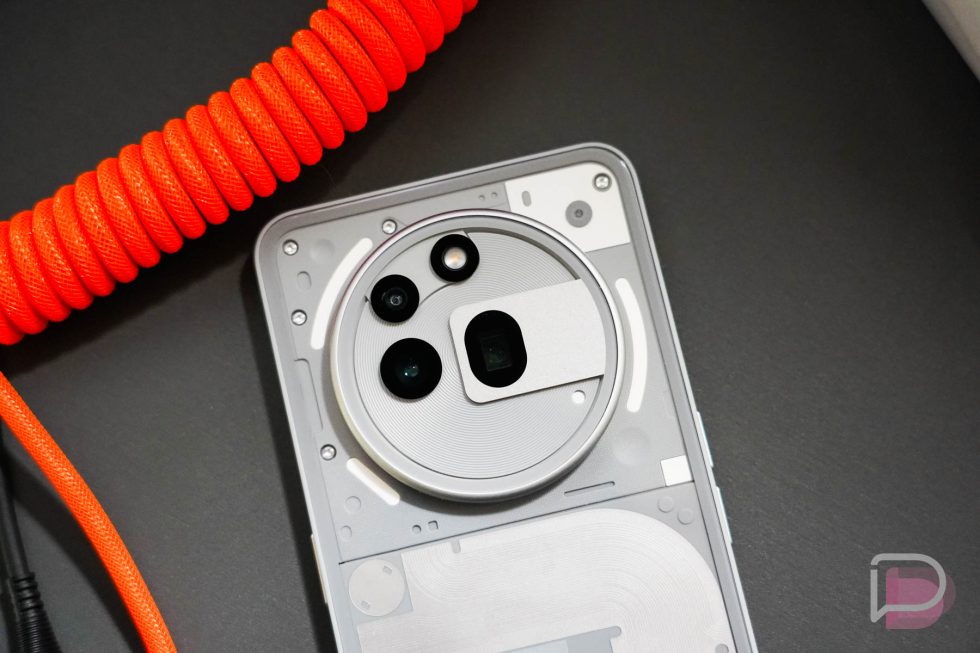A spacetech odyssey: This startup is taking on big boys with solid rocket propulsion tech
Bengaluru-based, IISc-incubated startup SpaceFields is innovating in-house solid propulsion technology for diverse uses, including developing India’s first Aerospike rocket engine.


In 2016, a group of college kids came together to solve a problem plaguing officials in Odisha. The engineers working at Hirakud Dam wanted to survey and identify the sedimentation and siltation-prone areas. However, the sheer scale of the project was intimidating, as the infrastructure—the longest dam of its kind in the world—stretches for 25 km and has a reservoir surface of nearly 750 sq km.
“After many brainstorming sessions, we realised we had to go much higher and get a bird's eye view of the entire dam,” says Apurwa Masook, who, along with Sudarshan Samal and Rounak Agrawal—batchmates at Veer Surendra Sai University of Technology (VSSUT), Burla, Odisha and part of the student rocketry team—decided to build a can-sized satellite along with a sounding rocket.
A year later, they successfully launched the CanSat at a height of 1 km over Hirakud Dam, becoming the first Indian student team to achieve this feat using an indigenously developed satellite launch vehicle.
Lift-off: The early days
In 2020, upon graduation, the trio wanted to take their innovation to the wider industry and start up, and they seemed to be orbiting the right track. In June of that year, the Indian government announced space sector reforms for greater participation of the private sector, opening the doors for the entrepreneurs. However, the pandemic held up their dreams.
“The year saw early space tech startups like Skyroot, Agnikul, and Pixxel get big funding rounds. That motivated us, but we couldn’t start up amid the pandemic. All three of us worked different jobs till we eventually incorporated SpaceFields in September 2021. We officially started operations in January 2022,” Co-founder and CEO Masook tells YourStory.
A Bengaluru-based B2B and B2G space tech startup, SpaceFields specialises in solid rocket propulsion technology for aerospace, defence, and commercial purposes. With a 21-member team, it is presently incubated at IISc and has also set up its own firing facility at Challakere, Karnataka, where IISc has a bigger space.
Why solid propulsion?
The intent behind venturing into space tech was to be utilitarian, so the founders chose to focus on solid propulsion.
Solid rocket propulsion—a technology that develops solid propellants (a mixture of the fuel and the oxidiser used in rocket boosters) to launch rockets—has wide-ranging applications in defence, aerospace and unmanned aerial vehicles, among other sectors. It has wide uses, from helping launch projectiles into outer space, inflating an airbag, or even propelling a drone.
“We are involved in a lot of sectors. From developing pyro ignitors and pyro cartridges to making RATO (Rocket Assisted Take Off) boosters for a kamikaze drone, for instance,” says Masook.
SpaceFields’ moonshot product is the Aerospike engine, which was demonstrated in a test in September. “Most launch vehicles that carry satellites into space are behemoths. They need bigger engines because of thrust loss at high altitudes. These are typically Bell engines but they are inefficient and aren’t optimised across altitudes,” he explains. SpaceFields' Aerospike engine getting tested for the second time on January 25, 2025, at IISc's Challakere campus. Source: SpaceFields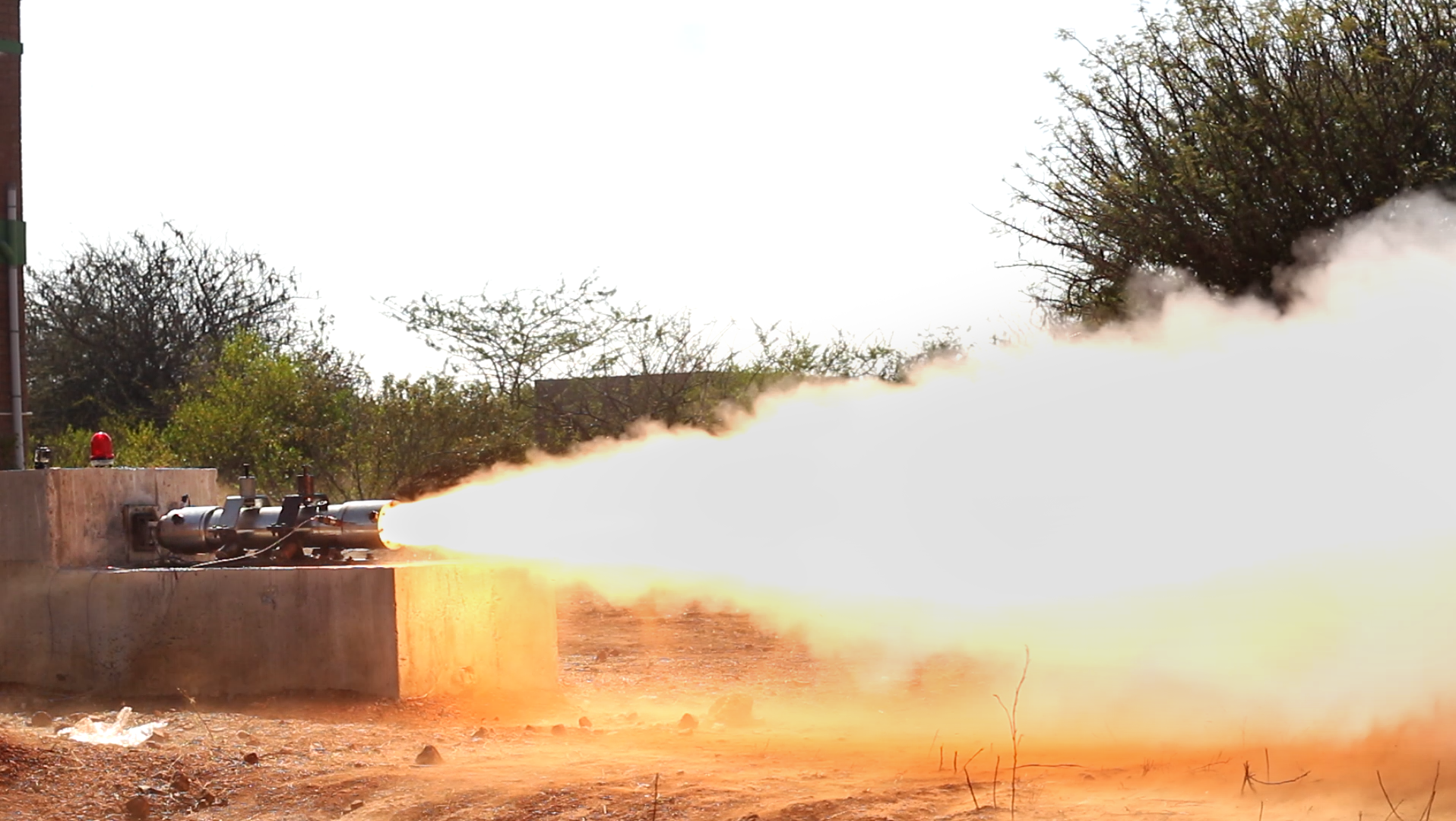
An Aerospike engine, meanwhile, is an altitude-compensating engine. “Instead of building an engine that requires four or five stages to ascend into space, the Aerospike can do that in just a single stage (or at most two stages) by efficiently managing exhaust expansion across various altitudes,” he says.
Ascent: Growth trajectory
SpaceFields has won four Innovations for Defence Excellence (iDEX) challenges, which have translated to Rs 6 crore in grants. “We are presently working with the Director General of the Naval Armament Inspectorate, the Indian Air Force, HAL and DRDO, among others,” Masook says.
The startup has signed an MoU with National Aerospace Laboratories and is currently in talks with ISRO for a potential collaboration for using an Aerospike engine.
The 26-year-old entrepreneur says SpaceFields has received grants from Startup Odisha and Startup Karnataka. It is also open to international collaborations. “We are already in talks with multiple international organisations and foreign OEMs,” he says.
Masook lauds the Indian National Space Promotion and Authorisation Centre’s (IN-SPACe) role in promoting the space sector. The Union Government in June 2020 set up IN-SPACe, a single-window, independent, nodal agency to boost the private space sector economy.
“It is a phenomenal start, but a lot of things are missing. The long-pending Space Activities Bill is yet to be cleared. We are still operating on the Indian Space Policy Framework. A legislative backing will hopefully bring more structure and confidence in the ecosystem,” he says.
Flight plan: Funding and goals
SpaceFields has raised about Rs 11 crore to date in seed funding, mostly from angel investors and defence funds, Jamwant Ventures and Samarthya. The company is generating revenue from early adopters and has signed contracts, but is not yet profitable due to heavy R&D spending.
“We are working towards getting more funding. The plan is to develop and establish a dedicated manufacturing facility,” Masook says.
The opportunities are immense. “The space sector is growing, but the Indian space budget is less than $2 billion, one-tenth of the US budget. But we also have defence customers. Since India’s defence budget is almost $79 billion, that is where we are making most of our revenue presently,” he adds.
Despite the space tech sector becoming increasingly competitive, Masook says SpaceFields operates in its own orbit. “Other startups like Bellatrix, Manastu, and Inspecity are satellite propulsion startups. That's a different segment. We are in rocket propulsion,” he explains, adding that many don’t choose this path as the R&D can be very challenging. “But since we are incubated at IISc, we were able to get access to many state-of-the-art facilities.”
The solid rocket propulsion sector has bigger players such as Solar Industries and Premier Explosives, and defence public sector undertakings like Bharat Dynamics Limited and Munitions India Limited.
“It’s a big boys’ group. However, most of these giant corporations operate on ToT (technology transfer) and are vendors. We realised that this space needed an R&D-led or an IP-led deeptech company, and that is precisely what SpaceFields is. A company that creates...not just integrates,” he says.
Edited by Kanishk Singh











































































































































































![[The AI Show Episode 156]: AI Answers - Data Privacy, AI Roadmaps, Regulated Industries, Selling AI to the C-Suite & Change Management](https://www.marketingaiinstitute.com/hubfs/ep%20156%20cover.png)
![[The AI Show Episode 155]: The New Jobs AI Will Create, Amazon CEO: AI Will Cut Jobs, Your Brain on ChatGPT, Possible OpenAI-Microsoft Breakup & Veo 3 IP Issues](https://www.marketingaiinstitute.com/hubfs/ep%20155%20cover.png)






















































































































































































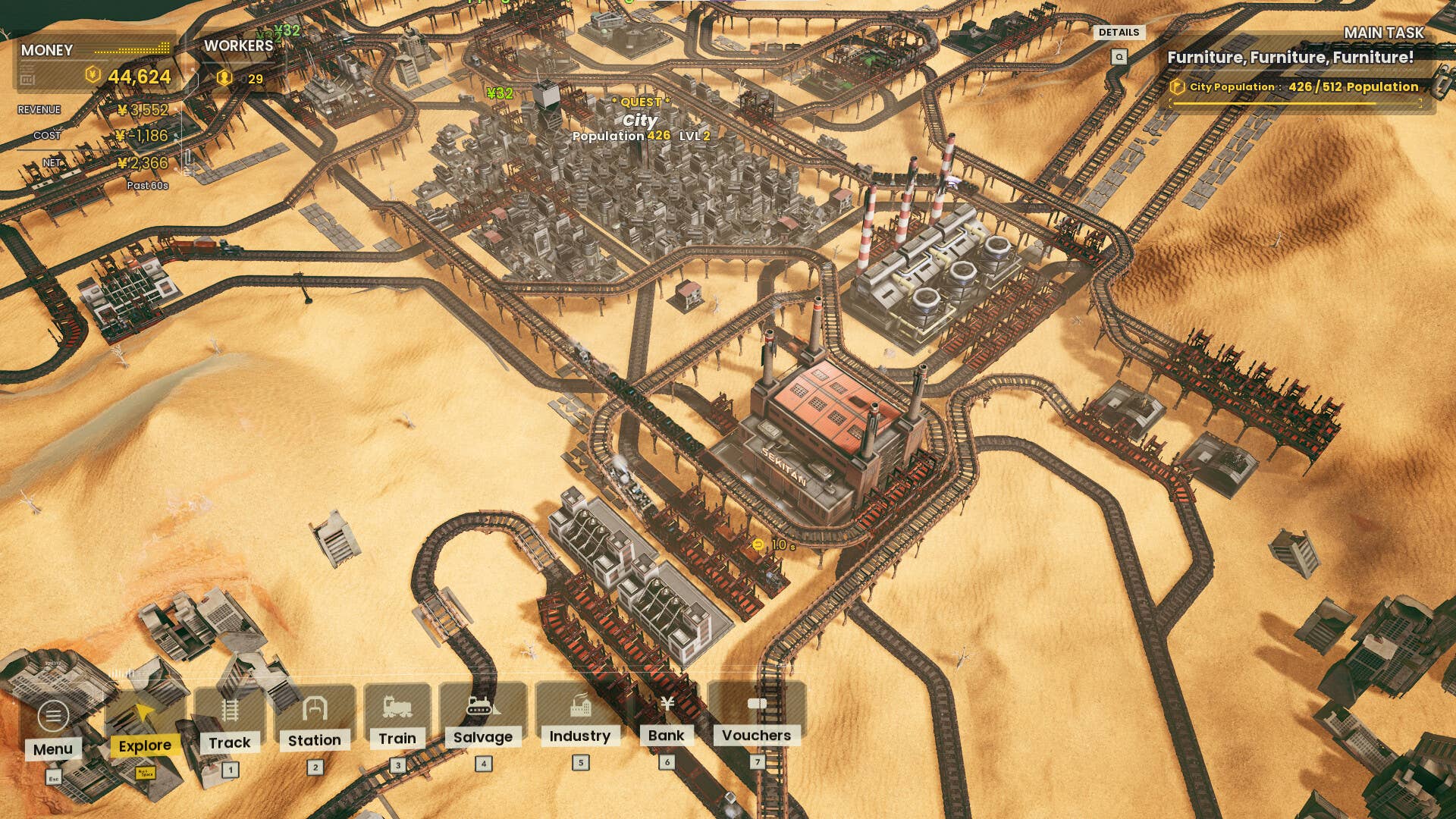

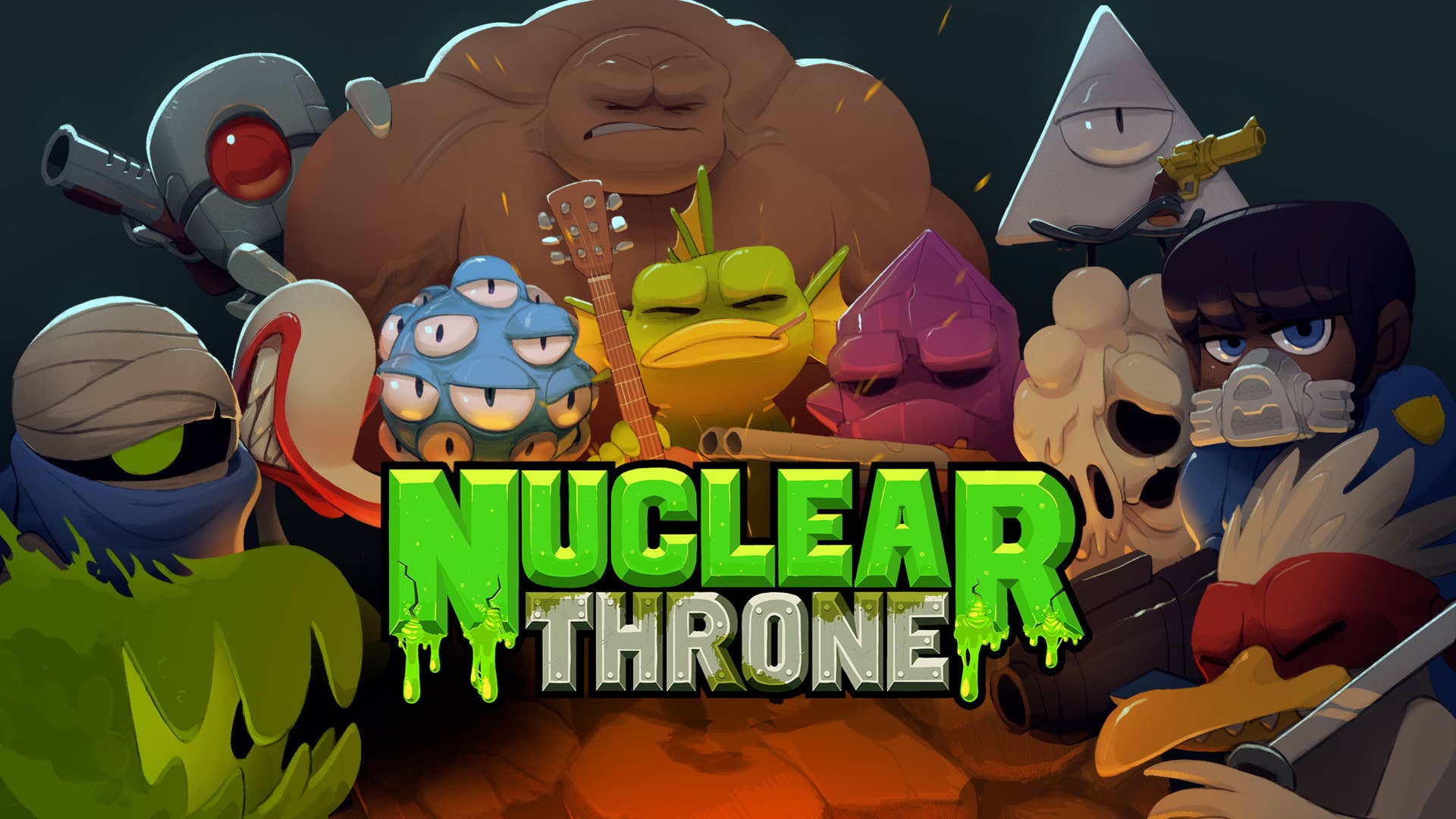










































































_incamerastock_Alamy.jpg?width=1280&auto=webp&quality=80&disable=upscale#)
_Brain_light_Alamy.jpg?width=1280&auto=webp&quality=80&disable=upscale#)
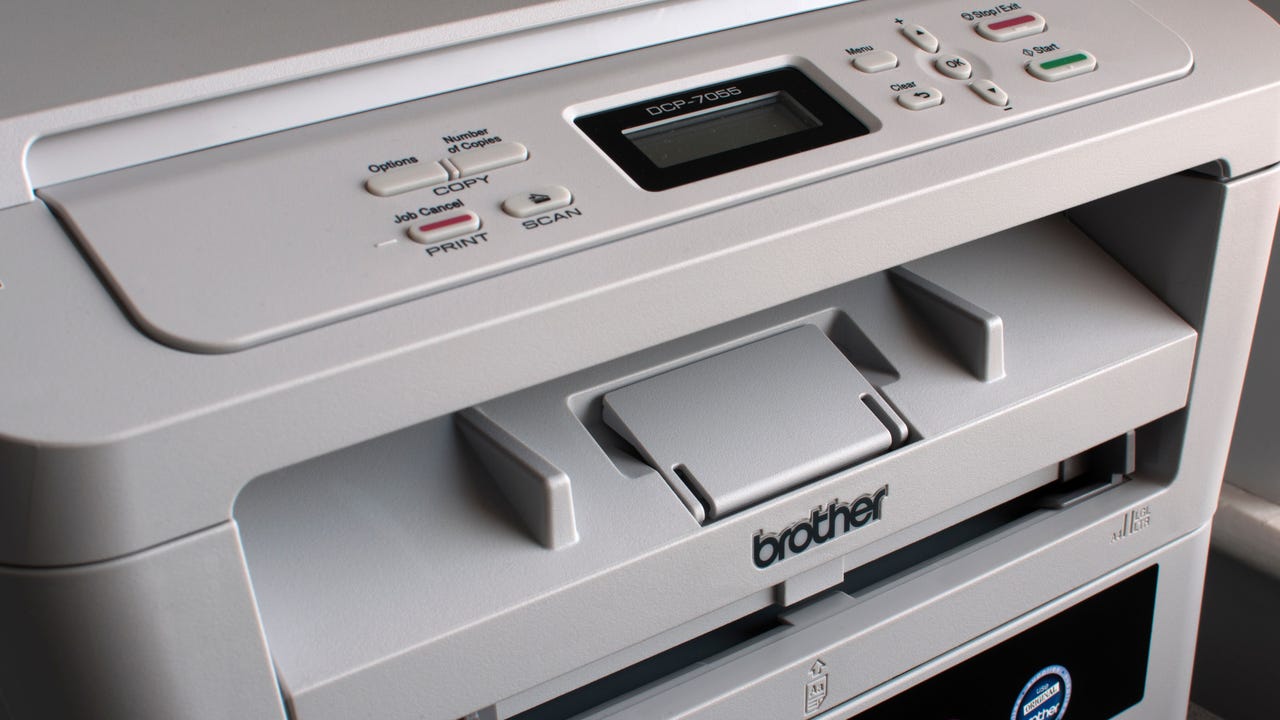








































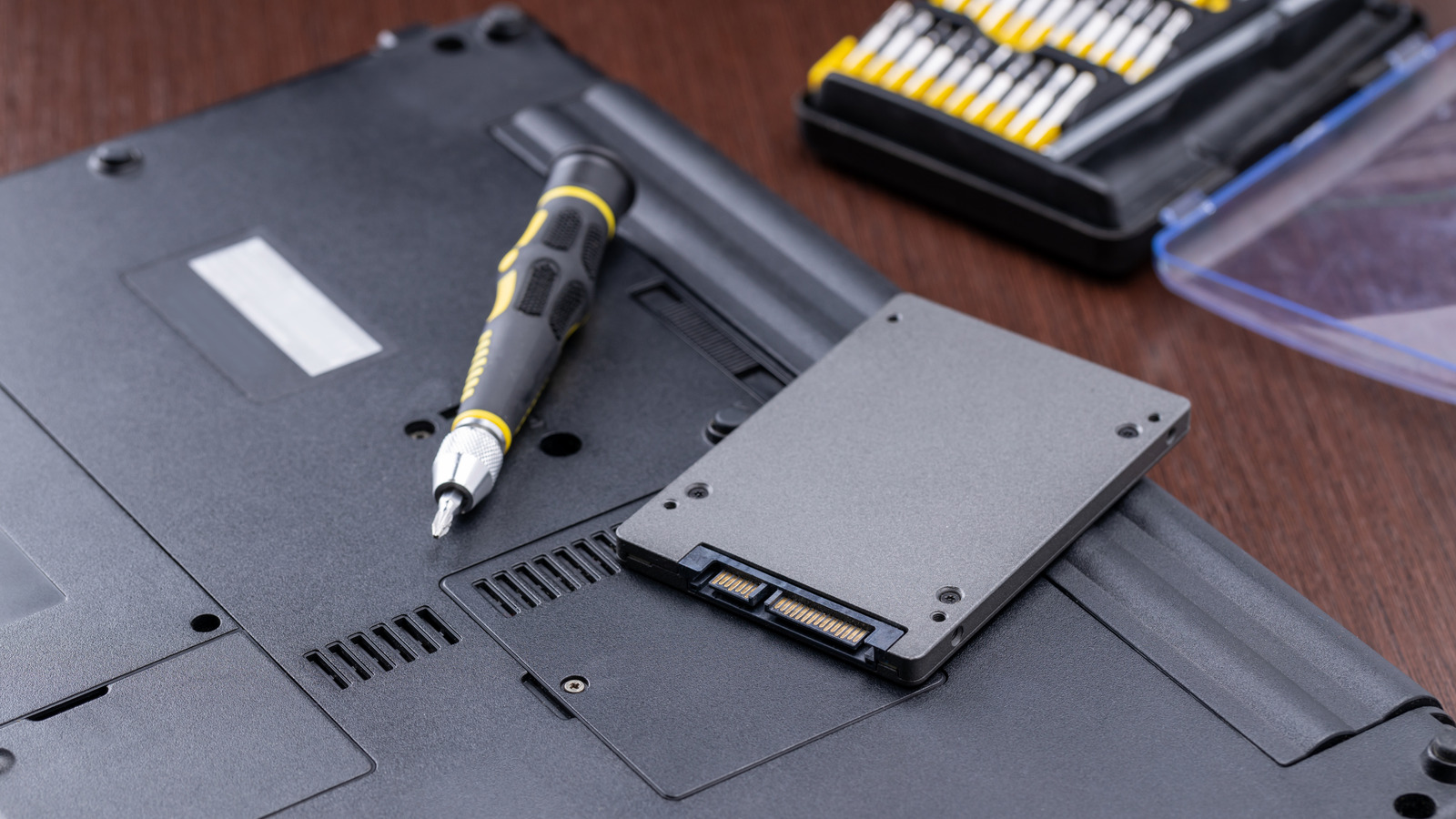











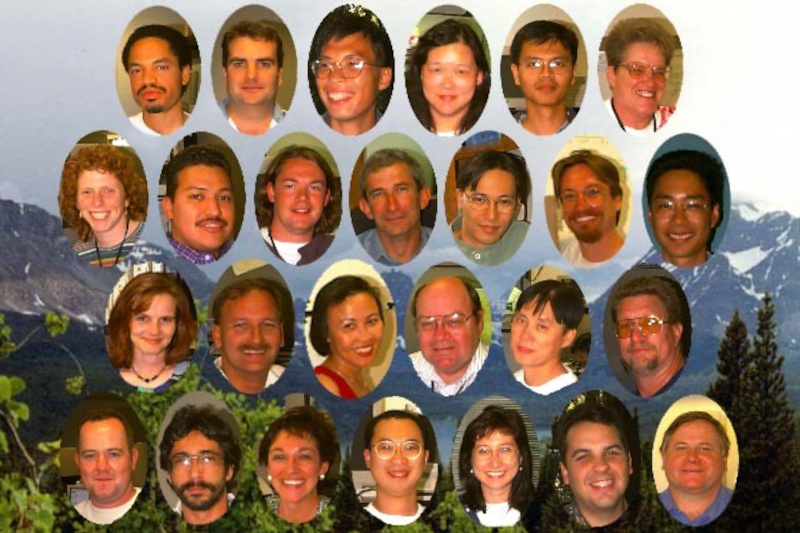
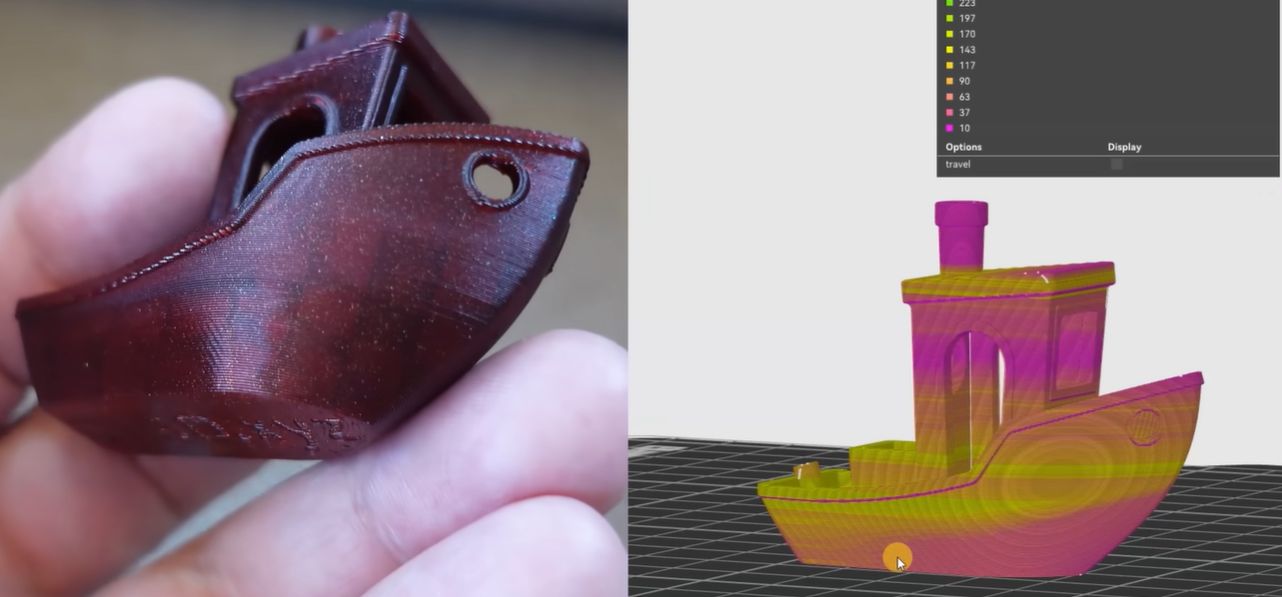
























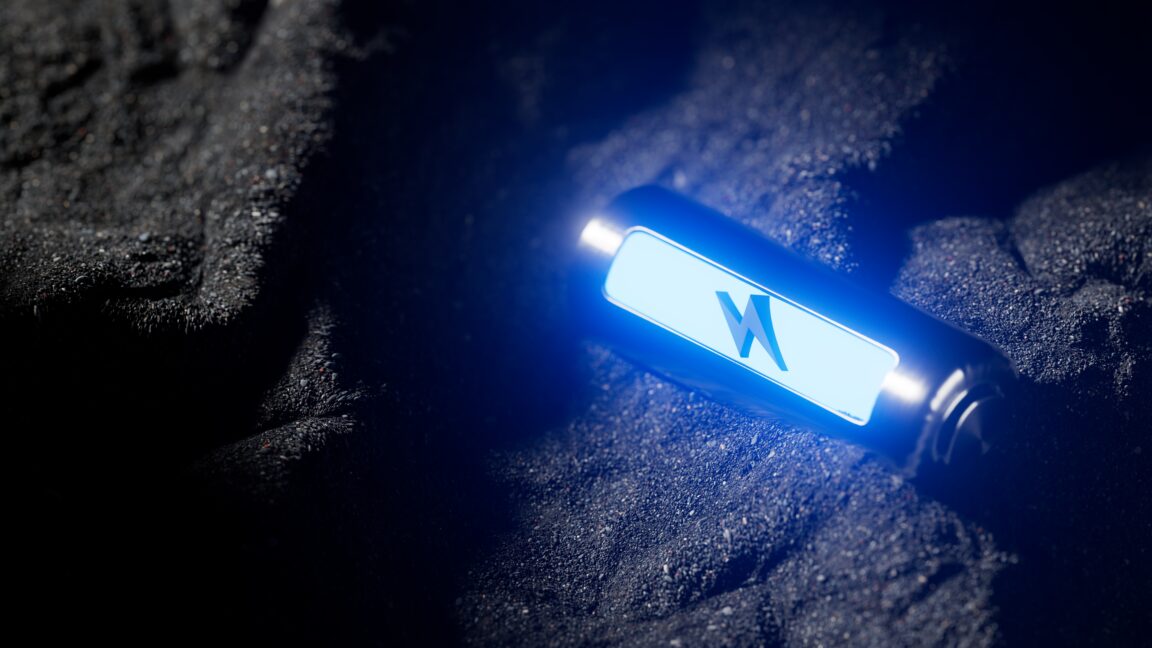






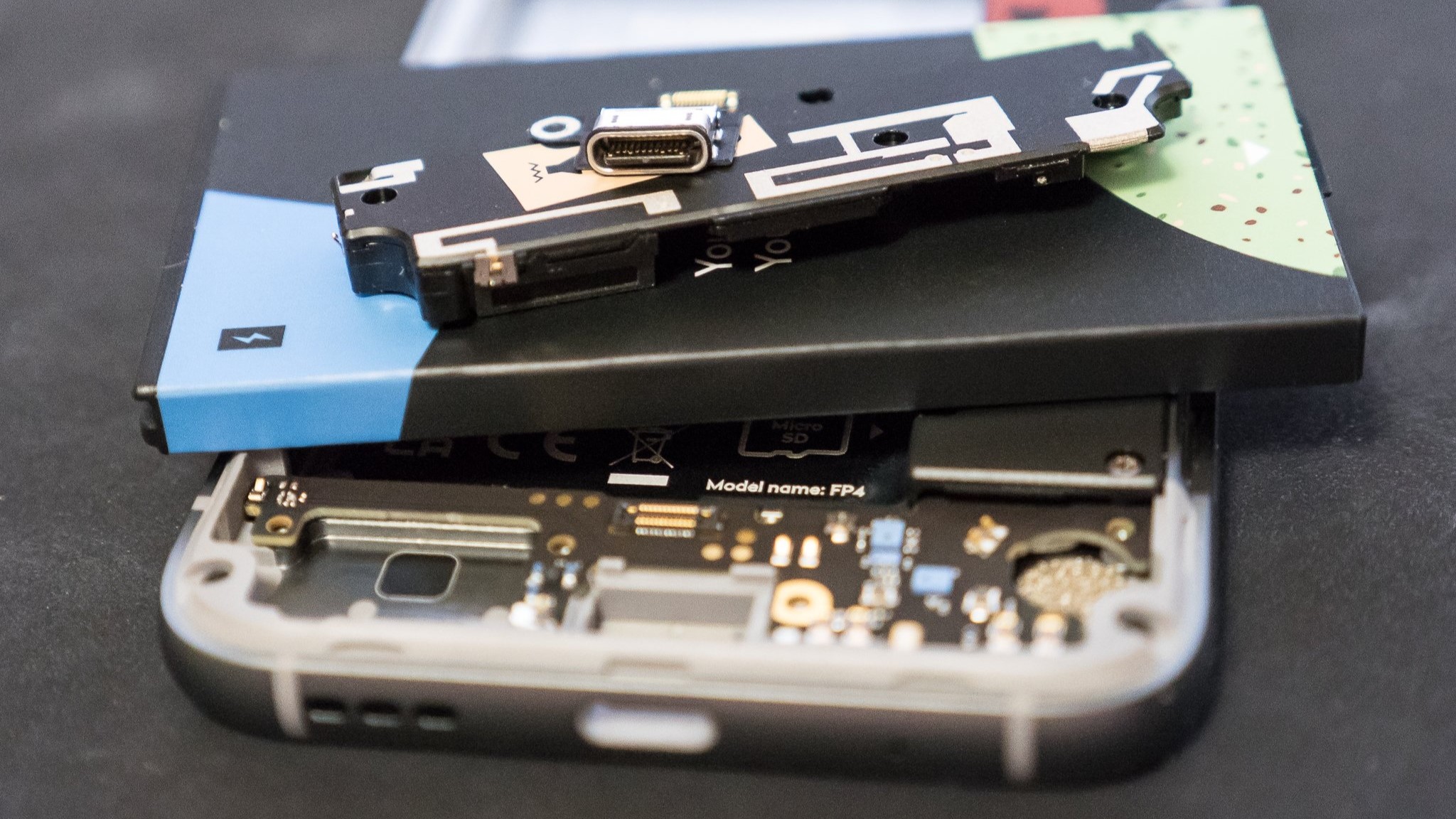







![Nothing Phone (3) has a 50MP ‘periscope’ telephoto lens – here are the first samples [Gallery]](https://i0.wp.com/9to5google.com/wp-content/uploads/sites/4/2025/06/nothing-phone-3-telephoto.jpg?resize=1200%2C628&quality=82&strip=all&ssl=1)












































